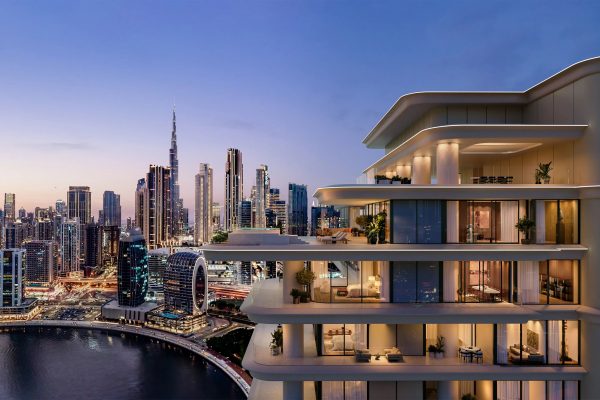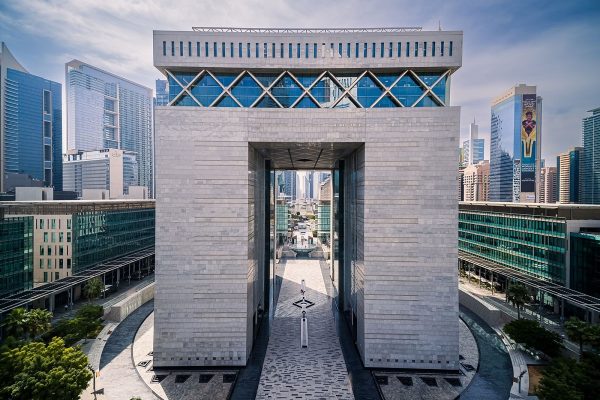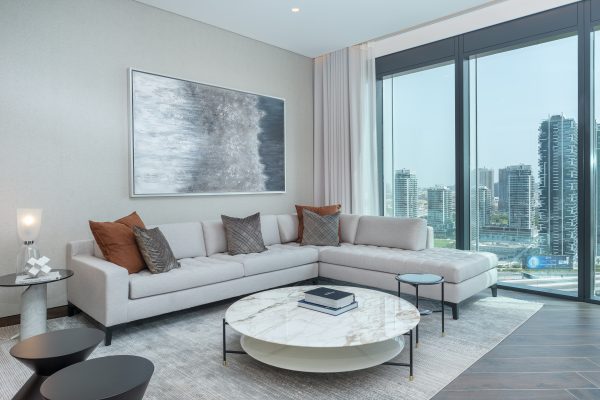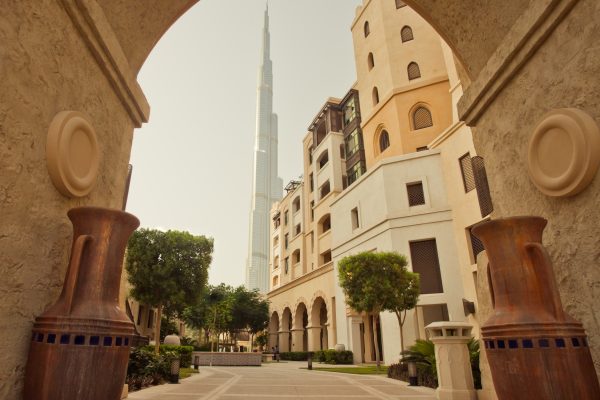Dubai Real Estate FAQs
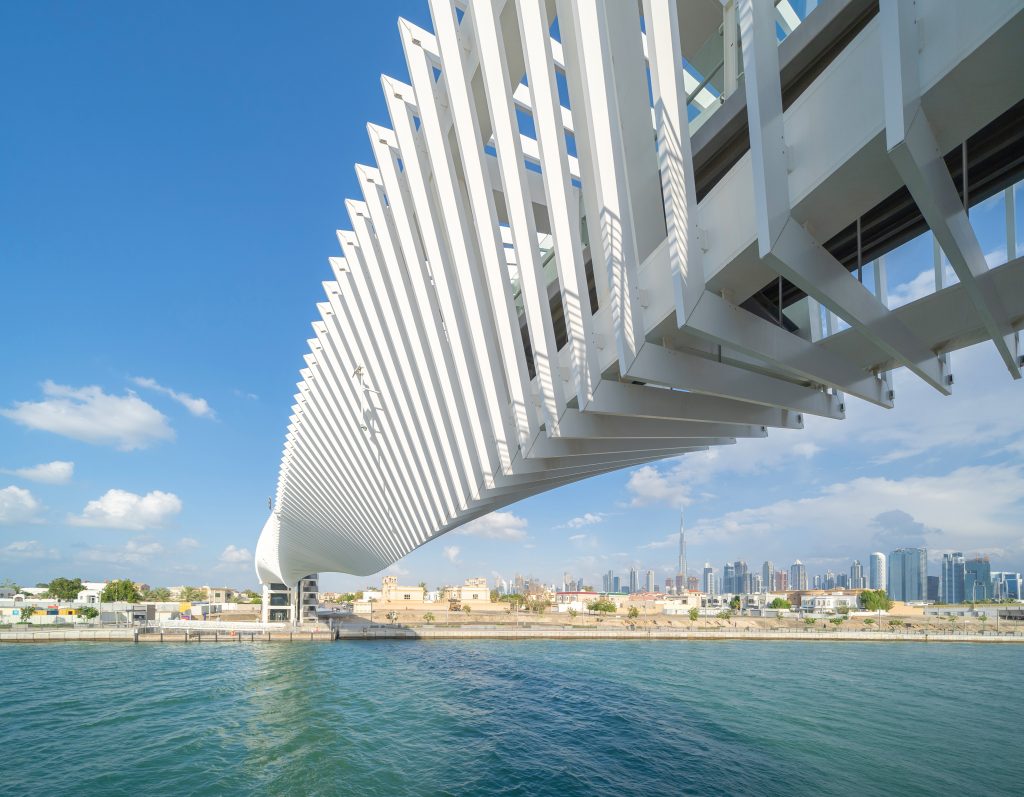
In Dubai, you have the option of either Freehold or Leasehold property ownership. The concept of foreign investors buying property in Dubai was introduced in 2001 through Leasehold, and in 2002, the option for Freehold was added. In a Leasehold agreement, you’re essentially leasing the property from a landlord (freeholder) for a specified number of years, generally up to 99 years in the UAE, with the option to renew. A Freehold agreement, on the other hand, grants you complete ownership of the property and the land it stands on, making it the preferred choice for most.
The DLD, or Dubai Land Department, is the government agency in Dubai that manages all activities related to real estate in the area. This includes overseeing property sales, purchases, leases, and all related paperwork.
A DLD waiver essentially means that the usual DLD fee charged during a property purchase, which accounts for 4% of the property’s value and is typically paid by the buyer, is instead borne by the developer.
The process of buying or selling property in Dubai involves four legal steps. Firstly, an agreement of sale, or MOU (Memorandum of Understanding), is established. This document outlines the agreement’s terms and conditions and the responsibilities of each party. After signing the MOU, usually accompanied by a 10% deposit from the buyer, a No Objection Certificate (NOC) is applied for. This requires the buyer and seller to meet at the developer’s office. The developer will only issue the NOC after all outstanding property fees are settled. Lastly, the ownership transfer occurs at the Dubai Land Department (DLD) office, with the buyer providing a manager’s cheque for the property price. A new property title deed is then issued in the buyer’s name.
When purchasing a property, you can either be a cash buyer or a financed buyer. A cash buyer pays the full amount for the property in cash, with no involvement of a lender. A financed buyer, also known as a mortgage buyer, purchases the property by securing a loan from a bank or other lender.
There are several fees to consider when buying or selling a property in Dubai. These include NOC fees (AED 500 – 5,000), a real estate agent’s commission (typically 2% of the property price), transfer fees (4% of the property price plus AED 4,000 admin fee and 5% VAT), and potentially mortgage registration fees (0.25% of the loan amount). Be prepared for developers to request annual service charges in advance.
While buying a property in Dubai doesn’t automatically grant lifelong residency unless you’re a GCC national, you can obtain a long-term residency permit. The terms of this permit depend on the property value and the amount of investment.
A buyer is eligible for 2-year UAE investor visa if his/her total investment is AED 750,000 or above.
The process for mortgage approval typically takes about a week. You can expect a pre-approval within 3-4 working days, with an additional 4-5 working days to secure the final mortgage offer letter from the bank.
The choice between off-plan and ready-built properties depends on your investment goals and financial capability. Ready-built properties are available for immediate occupancy, while off-plan properties may take 2-4 years to complete.
Unlike some countries, Dubai doesn’t impose annual property taxes, property purchase taxes, or capital gain taxes. However, stay vigilant about a housing (service) fee, and a VAT (value-added-tax) on commercial properties.
No, as a buyer, you are not required to pay Value Added Tax (VAT) on residential property purchases in Dubai. However, VAT is taxed on any commercial property, whether leased out or sold, such as offices, retail and even car parking, at a flat rate of 5%.
RERA stands for the Real Estate Regulatory Agency in Dubai. It is a governing entity that oversees all real estate activities in the emirate. It sets the rules and regulations to maintain transparency and fairness in the real estate sector, protects the rights of property buyers, sellers, and landlords, and ensures adherence to real estate laws. It’s essentially the regulatory arm of the Dubai Land Department (DLD).
The housing fee is collected by the Dubai Electricity and Water Authority (DEWA) on behalf of the Dubai Municipality in exchange for its services. It’s charged to an account on the basis of 5% of the annual rent amount (for tenants), or 0.5% of the property purchase price (for expatriate owners residing in their properties). Leases for commercial properties are taxed at a flat rate of 10%.
